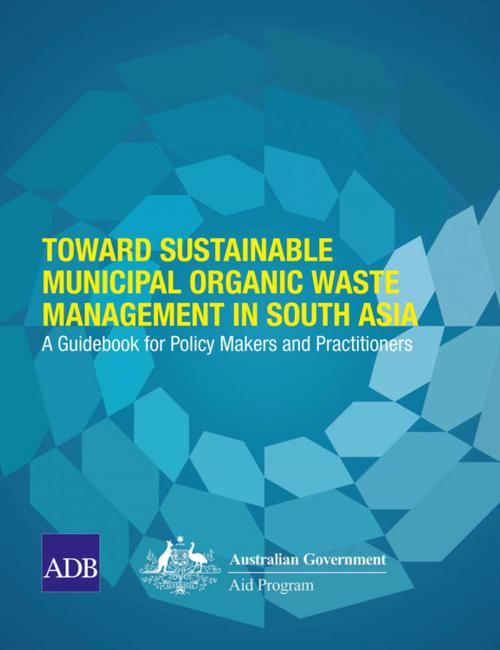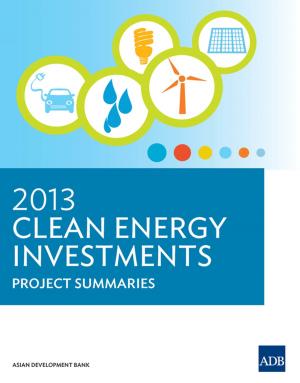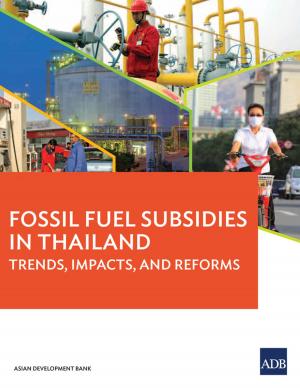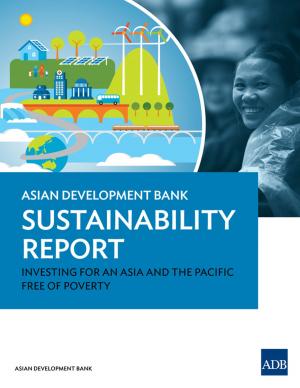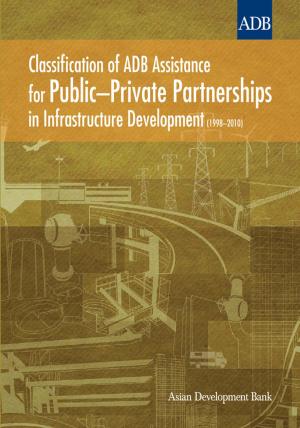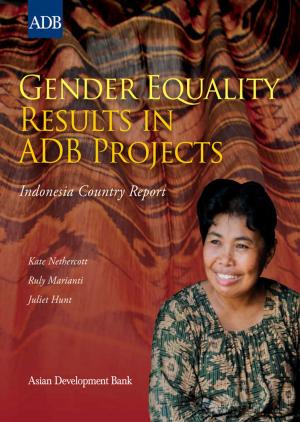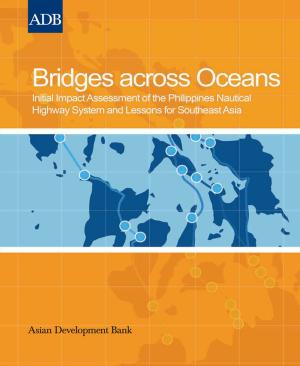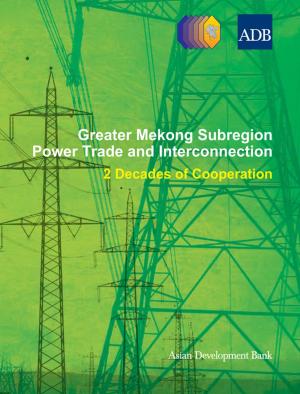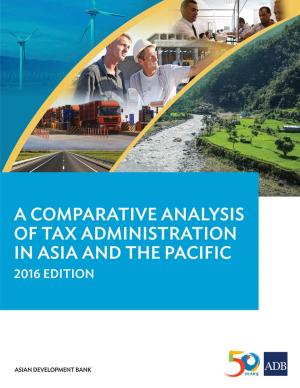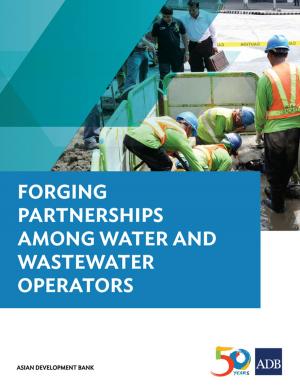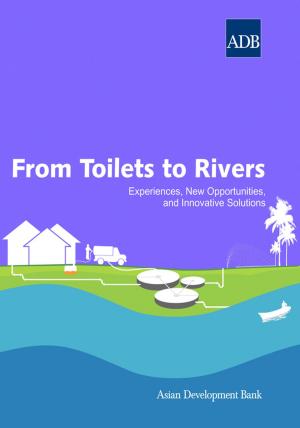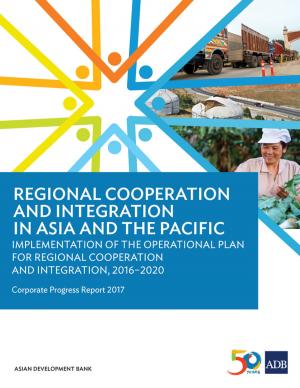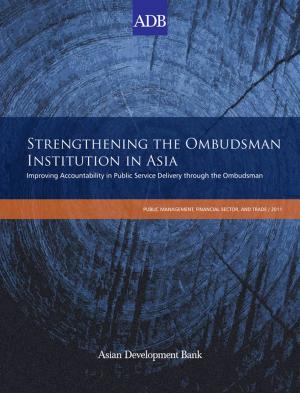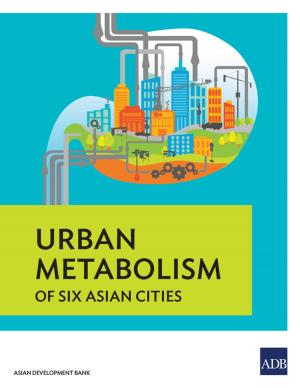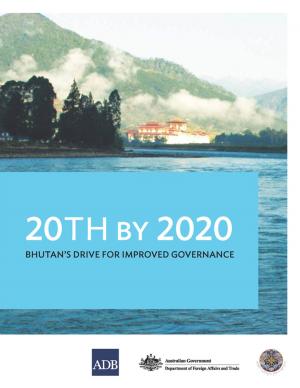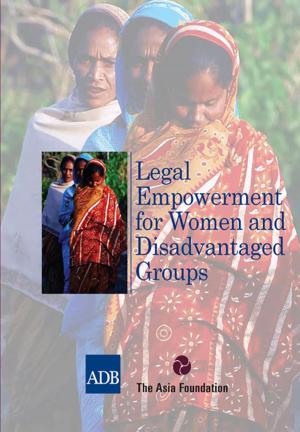Toward Sustainable Municipal Organic Waste Management in South Asia
A Guidebook for Policy Makers and Practitioners
Nonfiction, Science & Nature, Technology, Engineering, Environmental, Social & Cultural Studies, Political Science, Government, Public Policy| Author: | Asian Development Bank | ISBN: | 9789290924128 |
| Publisher: | Asian Development Bank | Publication: | September 1, 2011 |
| Imprint: | Asian Development Bank | Language: | English |
| Author: | Asian Development Bank |
| ISBN: | 9789290924128 |
| Publisher: | Asian Development Bank |
| Publication: | September 1, 2011 |
| Imprint: | Asian Development Bank |
| Language: | English |
The massive scale of urbanization in South Asia is expected to create a surge in demand for solid waste services. An enormous opportunity exists to improve upon the "business-as-usual" approach of uncollected waste and open dumping witnessed throughout the region and to convert this waste into value-added resources, such as alternative fuels and agricultural fertilizers. As approximately 70% of the region's municipal waste stream is currently organic (biodegradable) waste, methods such as composting, anaerobic digestion, and conversion to refuse-derived fuels offer a more sustainable course of action. This report aims to align South Asian cities with Strategy 2020 of the Asian Development Bank for environmentally sustainable growth and livable cities. It provides a useful management resource, identifying key issues and pointing policy makers, city managers, and practitioners to improved waste treatment technologies.
The massive scale of urbanization in South Asia is expected to create a surge in demand for solid waste services. An enormous opportunity exists to improve upon the "business-as-usual" approach of uncollected waste and open dumping witnessed throughout the region and to convert this waste into value-added resources, such as alternative fuels and agricultural fertilizers. As approximately 70% of the region's municipal waste stream is currently organic (biodegradable) waste, methods such as composting, anaerobic digestion, and conversion to refuse-derived fuels offer a more sustainable course of action. This report aims to align South Asian cities with Strategy 2020 of the Asian Development Bank for environmentally sustainable growth and livable cities. It provides a useful management resource, identifying key issues and pointing policy makers, city managers, and practitioners to improved waste treatment technologies.
